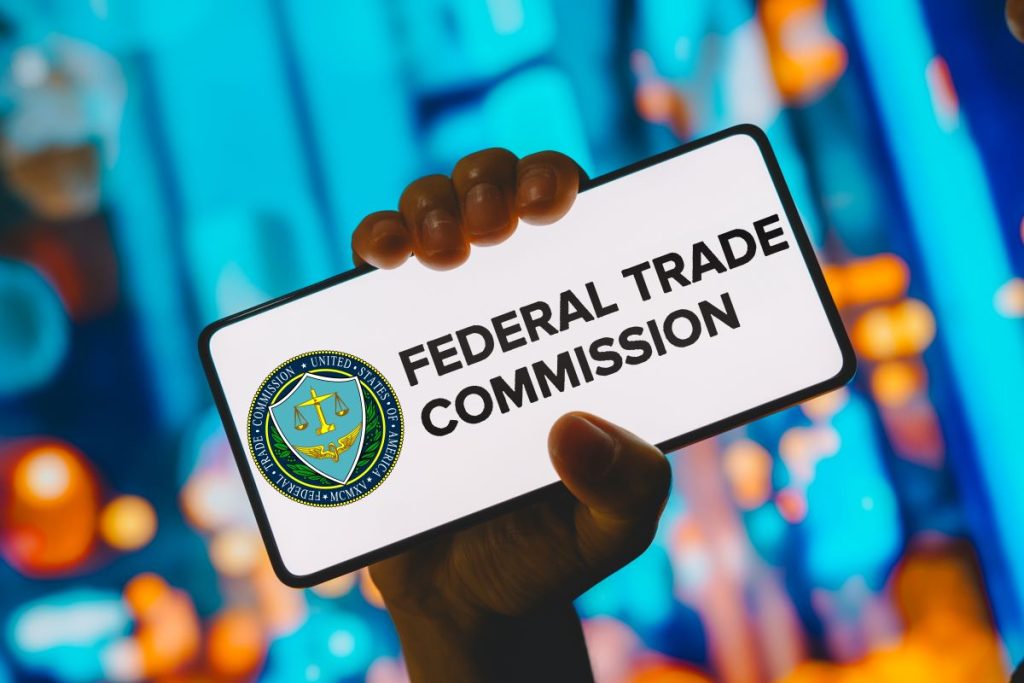
A group of Democratic senators has called on the Federal Trade Commission and the Department of Justice to investigate whether AI tools that summarize online content, including news articles, are anti-competitive, questioning the impact of AI and publishing, content creation, and revenue sharing.
In a letter to the FTC and DOJ, Senators, led by Senator Amy Klobuchar (D-MN), expressed their concerns about what summaries of content created by AI mean for creators.
The letter highlighted that while traditional media outlets are facing increased financial strain and layoffs, large online platforms like Google and Meta continue to generate massive advertising revenues from content created by others, often using AI.
The senators argue that this dynamic exacerbates challenges for news organizations already struggling in creating a healthy balance in the integration of n of AI and publishing.
The senators’ letter emphasizes that AI tools could further disadvantage creators and publishers, arguing that the FTC AI investigation into the intelligent technology is crucial to understand its impact on the publishing industry and find ways to address it.
“Dominant online platforms, such as Google and Meta, generate billions of dollars per year in advertising revenue from news and other original content created by others. New generative AI features threaten to make these problems worse,” says the letter.
AI Summaries Stealing Copyrights
The senators’ letter points out that, whereas traditional search results or news feeds direct users to the original publisher’s website, AI-generated summaries keep users on the platform where the summary is generated, creating implications for AI and publishing and further empowering.
The senators’ letter also highlights that while traditional search results and news feeds direct users to original publishers’ websites, AI-generated summaries keep users on the platforms where the summaries are displayed. This shift could have major inferences for the industry, potentially leading to a reduction in traffic to original content creators and further empowering big tech companies, as well as halting the development of a healthy relation between AI and publishing.
The letter also notes that some generative AI features “misappropriate third-party content and pass it off as novel content generated by the platform’s AI.”
For publishers wanting to avoid this, their only option is to opt out of search classification, which leads to a loss of traffic.
According to the senators, this puts content creators in an unfair position: they must either watch their work being used without compensation or forfeit valuable website visitors.
Regulation to the Rescue
The senators called on the FTC and AI regulators to investigate whether such AI practices constitute “a form of exclusionary conduct or an unfair method of competition in violation of the antitrust laws.” Major firms, Senators argue, have too much control over original content monetization and may harm the market by prioritizing their interests over the interests of content creators. Therefore, regulating AI and publishing is a must to protect content creators.
Democratic senators have called on the FTC and AI regulators to investigate whether these AI practices constitute “a form of exclusionary conduct or an unfair method of competition in violation of antitrust laws.”
They argue that major tech firms wield excessive control over the monetization of original content, potentially harming the market by prioritizing their own interests over those of content creators, maintaining their stance on regulating AI and publishing to protect content creators.
While the senators’ concerns are grounded in current laws, proving anti-competitive behavior will be challenging for them. The FTC would need to demonstrate that companies creating AI summaries hold massive market power and are using it to violate antitrust laws.
Currently, some actions may appear unfair or unethical yet remain technically legal.
Major AI advances in media and publishing industry are rehabilitating the field, igniting concerns about the impact on traditional content creators and revenue models, especially when addressing AI in news writing and publishing.
Inside Telecom provides you with an extensive list of content covering all aspects of the tech industry. Keep an eye on our Tech sections to stay informed and up-to-date with our daily articles.